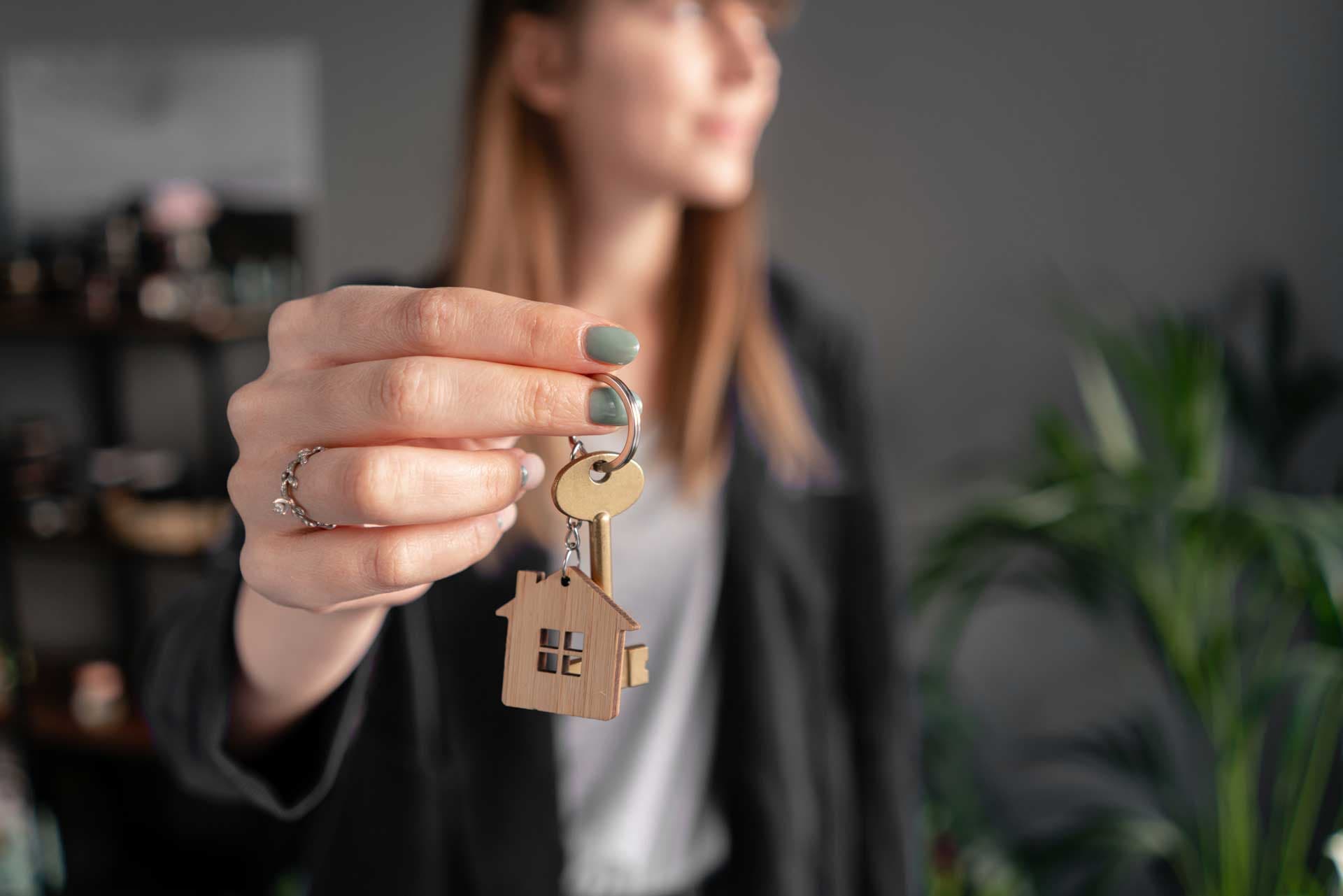

Buying a new home is an exciting time, although there is a lot to do which can make the process quite stressful at times. It’s important to know what to expect and in our guide to buying a property we explain all the basics you need to know.
Buying a home will be the biggest expense many people will ever have to manage, so you need to plan the finances in detail.
Your salary dictates how much money a lender will lend (along with your current outgoings) and they will usually offer between 4-5 times what you earn.
A 10% deposit is usually the minimum requirement, although some government run schemes do provide 95% mortgages that only require a 5% deposit. Be sure to check that you meet the criteria for these schemes before applying.
Other fees that need to be considered include mortgage fees, solicitor fees and stamp duty. If you sell direct without an estate agent, you will also have to pay a valuation fee, which is often provided free of charge by reputable agents.
The next important step to plan is the actual property search. You may already have a good idea of where you want to live, but if not, consider some of the following:
Once you’ve chosen the area you can start visiting properties to get a feel of the type of home you would like to live in. Before you go it is a good idea to get a mortgage in principle agreement from a prospective lender, as this will be viewed in a very positive light by sellers.
Visit as many as possible as you’ll get better at asking the right questions and checking areas of the property every time you go. It’s also a good idea to take pictures of the property as it may be hard to recall each one in detail.
Estate agents will play an important role here, as they can help match you with the type of home you are looking for. They can also keep you updated on properties that have just come onto the market, so you can book an early viewing and beat the rush.
When you find a property you’d like to make an offer on, if you have a mortgage in principle agreement this will put you in a very strong position, as sellers will know you are a serious buyer. In a seller’s market (which it has been for some time) it is best to offer the asking price at minimum and not go in too low looking to negotiate upwards. Many properties are selling for more than their market value and because it is so competitive, you could miss out if your bid is not strong enough.
If your bid is accepted, you can go back to the lender and complete the mortgage process. You should ensure your finances are in place, as the lender will look at everything you earn and all your financial commitments. Before you can exchange contracts on the property you will need to receive a formal offer from the lender.
You’ll need a conveyancer or property solicitor to handle all the legal work involved with the buying process. The seller will also have a legal representative, and the two solicitors will go through the contracts to ensure everything is in order. Your solicitor will also carry out local authority and environmental searches to ensure the property and land are in good condition.
It is also a good idea to carry out your own survey to get a better understanding of the current condition of the property. There are a few different types of search to choose from, each varying in price and detail:
Once you have exchanged contracts with the seller you are then legally committed to the purchase of the property. Pulling out after this stage could mean you lose all your deposit. Only exchange contracts once the surveyors report has been completed and appropriate action has been taken. You can arrange a completion date at this point, which is usually 7-28 days after the exchange of contracts.
This is the final part of the home buying journey. The property deeds and outstanding money is transferred to the seller’s solicitor and once they confirm its receipt you can pick up the keys and move into the home.
Looking to start the process of buying a property? Get in touch with our team at Stadium Residential today to explore your options.